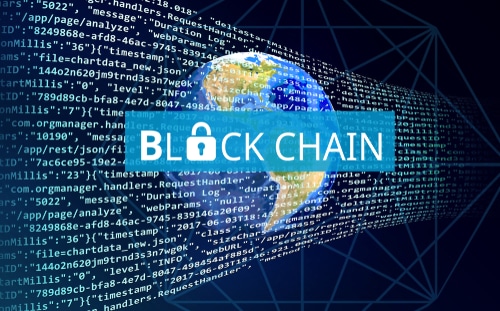Despite much hyperbole about blockchain, many people question what benefits they could get and whether they could get legal protection.
Theoretically, blockchain promises conveniences for the people, including no intermediary, decentralization, no manipulation, and fabrication.
At a seminar the Ministry of Science and ICT and the Korea Internet Security Agency last week, Kim Hyun-chul, chief researcher of the National IT Industry Promotion Agency, suggested that public organizations start using the ‘private’ blockchain.
He said the private blockchain would provide legal protection to the users because it specifies who is the operator of the blockchain.
Currently, many people refrain from using the blockchain platform because no clear line exists between users and managers of the blockchain.
Once something wrong takes place, users have no way of taking legal action, he said.
He predicted that under the current law, consumers could not get any legal protection if something wrong happens in the ‘open-ended’ blockchain.
As a way of promoting the blockchain, he suggested the creation of the certified and trusted third party agency, which could centralize the use of blockchain.
Under this centralized private blockchain, many people would use the blockchain platform because they could get legal protection.
The second reason consumers seldom use blockchain is their concern that once their personal data is stored in the blockchain, they have no way of deleting the information.
Lawyer Jang Ju-bong in Seoul said it is necessary to decide who should be the manager of the private information.
Also, there are a few drawbacks for the blockchain.
–It takes a long time in processing blockchain. Speed is a problem.
–Investors have no way of using his or her cryptocurrency once he or she loses private keys.
–The government has no way of tracing money launderers, including crime and narcotics funds.




